Description
Greek Thracian zeolite from 2.5 to 5 mm – Gravel, with a clinoptilolite content of at least 80%. Ideal granulometry of certified, natural, Greek zeolite, for incorporation in large scale crops such as trees and fields. In industry it is used in cleaning and environmental management. Packaging of 25 kg.
Applications
In agriculture
Zeolite is usually applied by incorporation into the soil in quantities from 300 to 450 kg per year. per hectare depending on the soil type and its granulometric composition (fineness of material).
See below the dosage according to the recommendation of the soil and the size of the crop
Small-scale crops (vegetable gardens, vineyards, gardens, lawns, pots and window boxes and other small-scale crops )
- Ελαφρύ έδαφος
- Average ground:
- Heavy soil:
Large-scale crops (trees, corn, cotton and other large-scale crops )
- Light soil
- Average ground:
- Heavy soil:
A total of 300 to 450 kg per hectare is needed for to maximise its contribution to increasing production. Its beneficial effect is long-lasting because zeolite does not decompose like other materials.
Features
- 100% ecological
- 100% compatible with organic farming
- Works like a molecular filter
- Manages soil nutrients and water
- Balances the pH
- Cleanses the soil of heavy metals, toxins and free radicals
- Increases the production and quality of the products produced
- It yields permanent results as it does not degrade, does not decompose and does not change its composition
- Enhances resistance to diseases and pests
- Combines perfectly with active microorganisms, strengthening their action
- Can be used as a substrate that helps to grow hydroponic crops in Mediterranean conditions, for cabbage, flowers and aromatic species
- Helps to reduce the amount of fertilisers used
- Prevents the creation of fungi
- Protects plants from stress in adverse conditions
Read more about the use of zeolite in agriculture on our informative website
Zeolite in industry
Zeolite contributes to a cleaner and safer environment in countless ways. It is used to enrich the atmosphere with oxygen due to its selective ability to absorb nitrogen. It is applied in the cleaning of seas from oil spills. As a redox catalyst, it can remove air pollutants such as engine gases and CFCs that cause ozone depletion. By adding zeolite to cement, in the construction sector, carbon dioxide production is significantly reduced. It also improves and purifies drinking water by filtering out all hazardous substances for humans.
Natural zeolite has been used in cases of nuclear radiation leakage protection, such as at Fukushima and Chernobyl. Because of its ability to bind heavy metals, zeolite is often applied in large quantities in areas of radiation leakage. It binds the radioactive material and is then collected and encapsulated in glass and cement.
In industry it is used in filters to bind carbon dioxide and other harmful compounds. Also, zeolite can be used in the filtration of industrial wastewater, binding various toxic and radioactive ions as well as in recycling of water from industrial activity. But the most important thing is that after its use and with proper treatment its properties can be restored so that it can be reused.
Read more about the industrial use of zeolite on our informative website

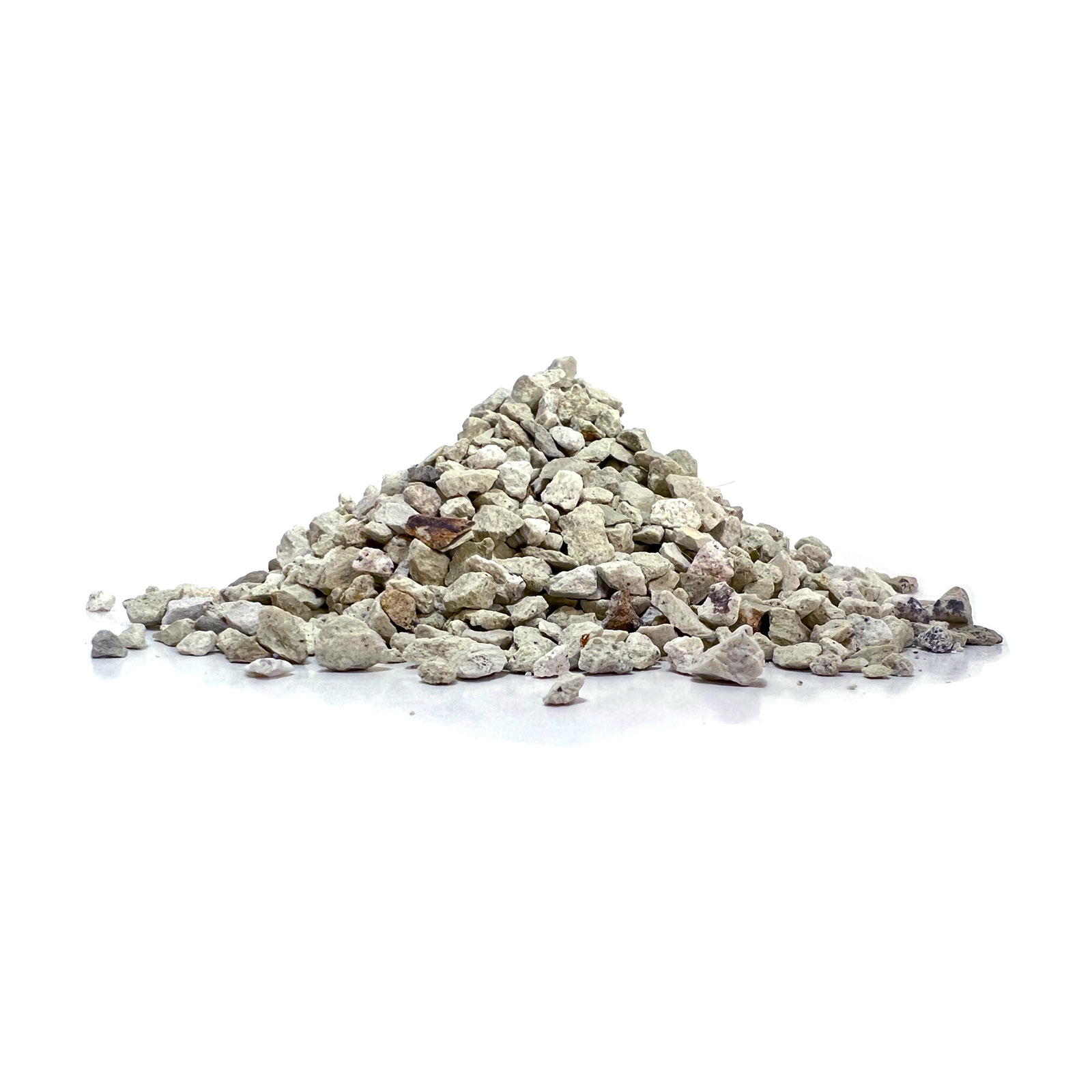
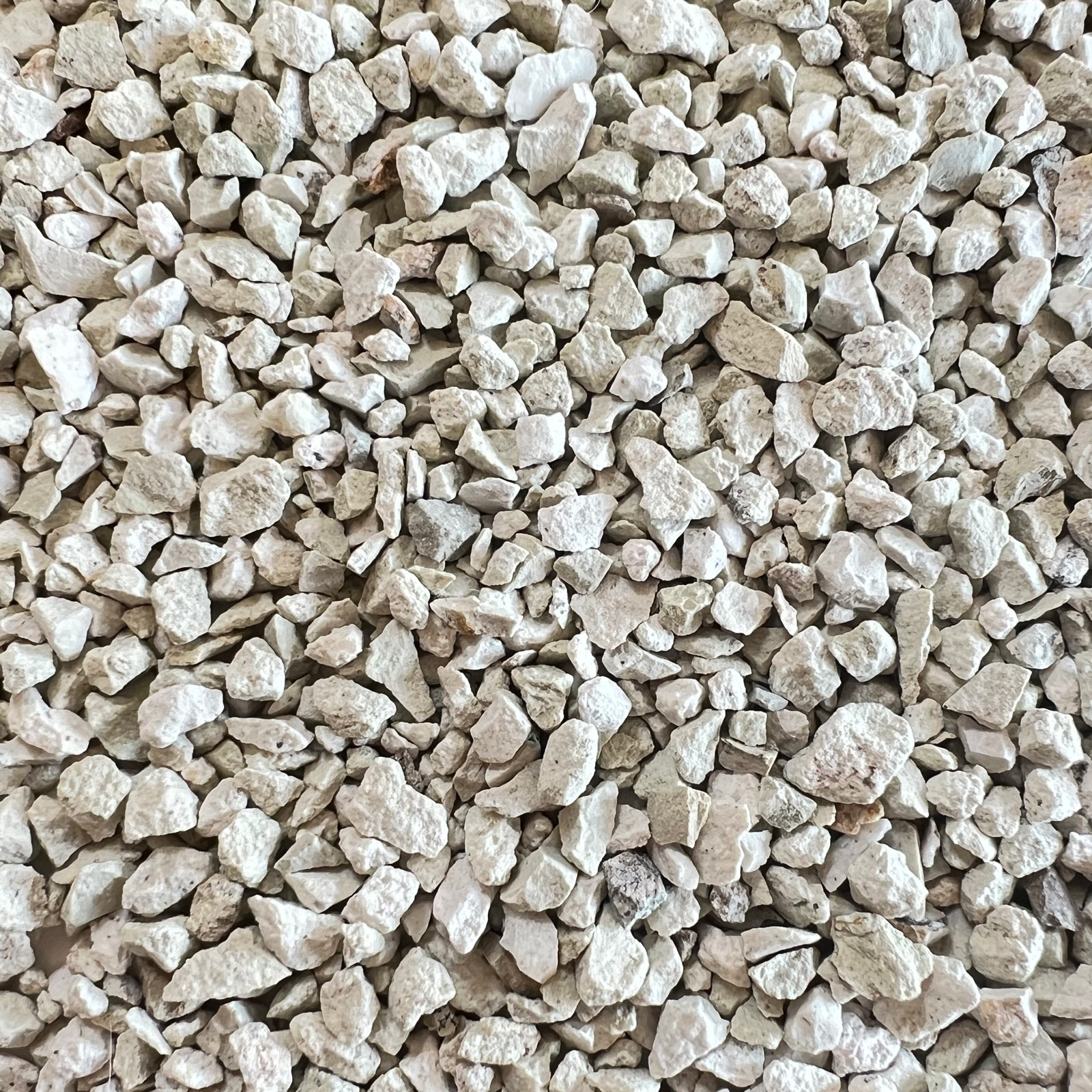
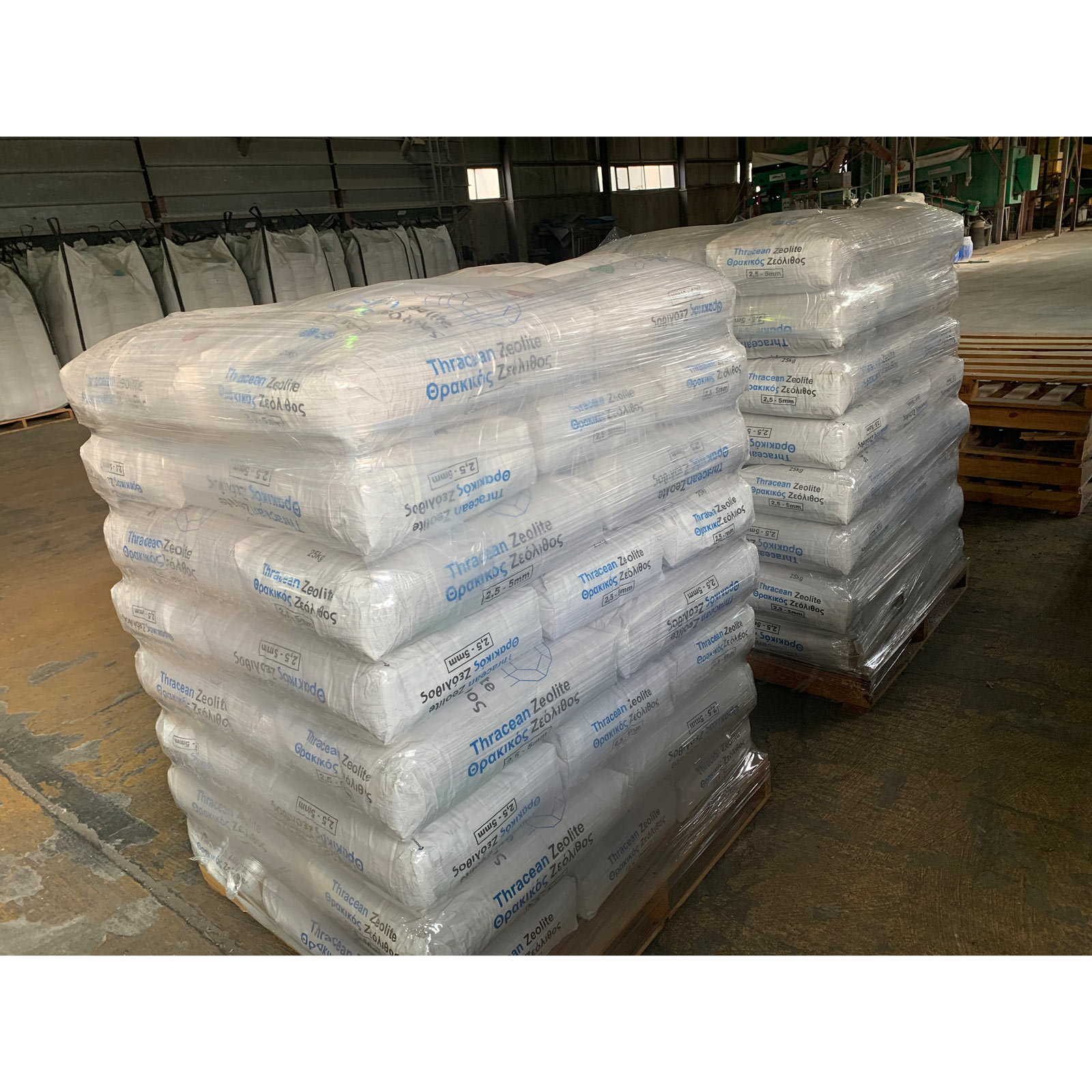
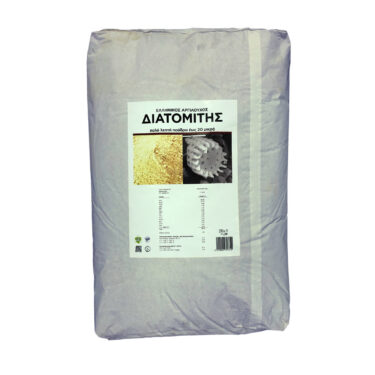
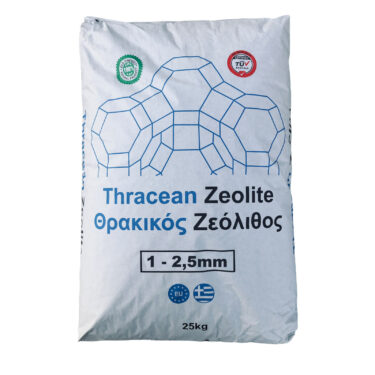
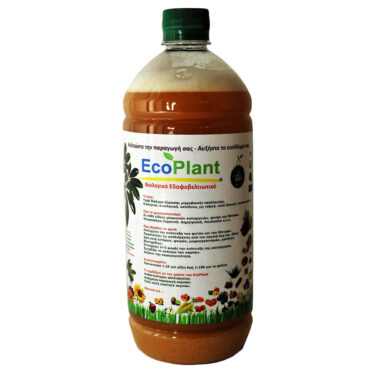
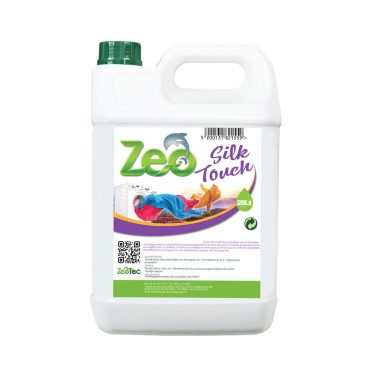
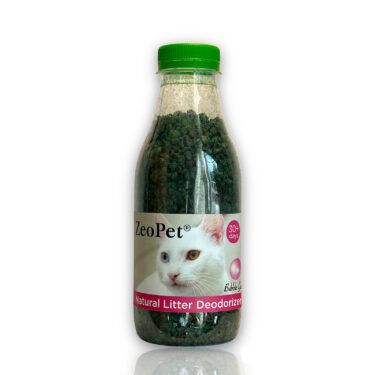
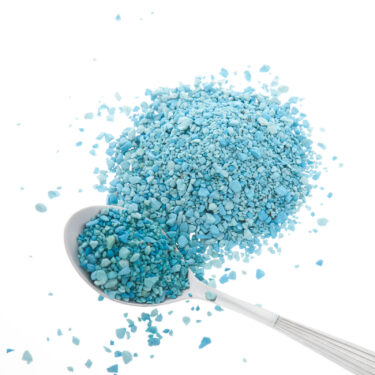
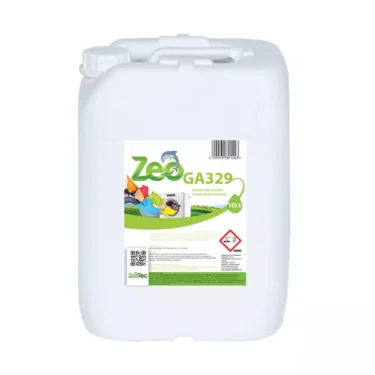

Αννα-Μαρια Γεναλη (verified owner) –
Αν εξαιρεσουμε την σκονη ,το προιον ειναι πολυ καλο.Το χρησιμοποιω στις αμμους των γατιων μου και το αποτελεσμα ειναι οτι,τις αλλαζω καθε 15-20 ημερες.Δεν μυριζουν και η υγρασια απορροφαται πολυ γρηγορα.Ειμαι πολυ ευχαριστημενη.
Αννα-Μαρια Γεναλη (verified owner) –
Ενα πολυ καλο προιον απο την Θρακη.Το χρησιμοποιω στην αμμο των γατιων μου.Κραταει η αμμος χωρις καποιο προβλημα πολυ μεγαλυτερο διαστημα χωρις να μυριζει και χωρις υγρασια.Χαιρομαι που εχουμε κι εμεις τον δικο μας ζεολιθο.Το συνιστω .